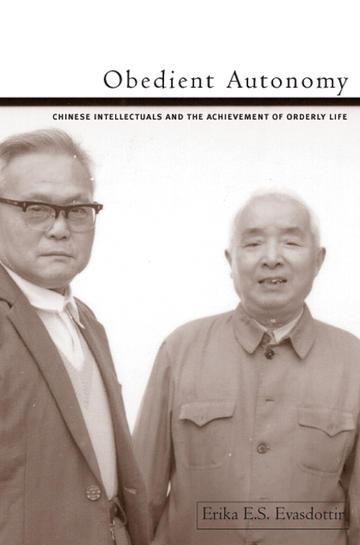About BC Books Online
BC Books Online was created for anyone interested in BC-published books, and with librarians especially in mind. We'd like to make it easy for library staff to learn about books from BC publishers - both new releases and backlist titles - so you can inform your patrons and keep your collections up to date.
Our site features print books and ebooks - both new releases and backlist titles - all of which are available to order through regular trade channels. Browse our subject categories to find books of interest or create and export lists by category to cross-reference with your library's current collection.
A quick tip: When reviewing the "Browse by Category" listings, please note that these are based on standardized BISAC Subject Codes supplied by the books' publishers. You will find additional selections, grouped by theme or region, in our "BC Reading Lists."
This original anthropological study explores a type of “obedient” autonomy that thrives on setbacks, blossoms as more rules are imposed, and flourishes in adversity and, in conjuction, examines the specialized and highly organized discipline of archaeology in China. It follows Chinese students on their journey to becoming full-fledged archaeologists in a bureaucracy-saturated environment. A masterly contextualization of archaeology in China, Obedient Autonomy shows how the discipline has accommodated itself to a Chinese social structure, and uncovers the moral, ethical, political, and economic underpinnings of that context.
After receiving her doctorate in Social Anthropology from Harvard University, Erika E.S. Evasdottir was a Killam post-doctoral fellow at the University of British Columbia. Her research focus is now Chinese law, including issues of bureaucracy and authority within the Chinese legal community.
- Winner, K.D. Srivastava Award, UBC Press
After extended research in the last nineties, Evasdottire worked out a model, or many patterns of behaviour, of archaeologists, which she illustrates with a great variety of portraits and stories. The result is of the highest interest, and very readable. The book opens new windows to understanding relationships among the Chinese, the ambitions and frustrations of the intellectuals, as well as the personal rewards of hard word and finding one’s proper place in society
The author is pioneering a new field, using politically neutral social anthropology and its theoretical constructs to examine Chinese intellectual life. This approach makes this an important work with no lack of sound observations and it should initiate further enquiry.
What stands out in this well-written and most interesting book is the lucidity and straightforward approach of its author. From experience gained as the result of intensive fieldwork, Erika Evadottir has become extremely well acquainted with the archaeology of China, and yet she has kept enough distance from her object of study to give us a confident picture of the field based on an analysis of the facts as well as a creative approach to theoretical speculation. That is why this book is not only worth reading by archaeologists interested in China but also an important contribution to research on intellectuals in China and their attitude towards the Chinese state and society.



